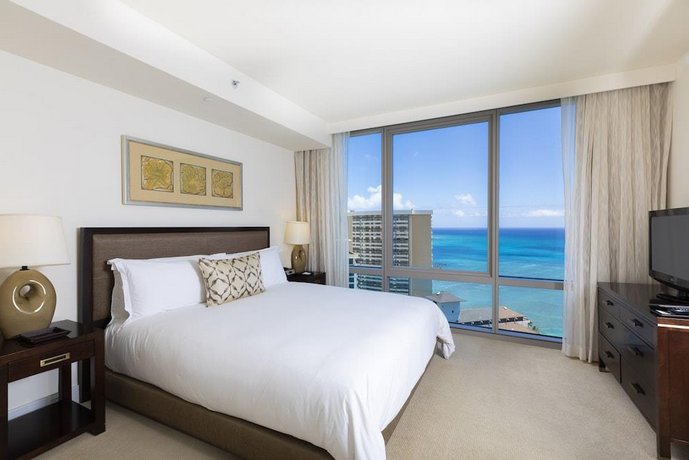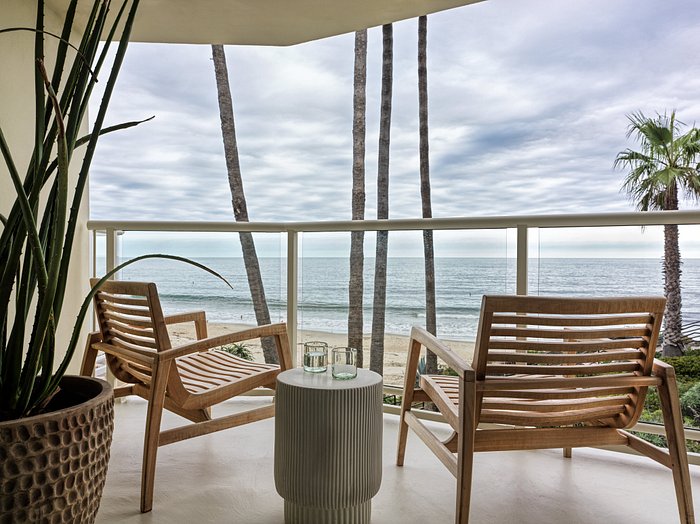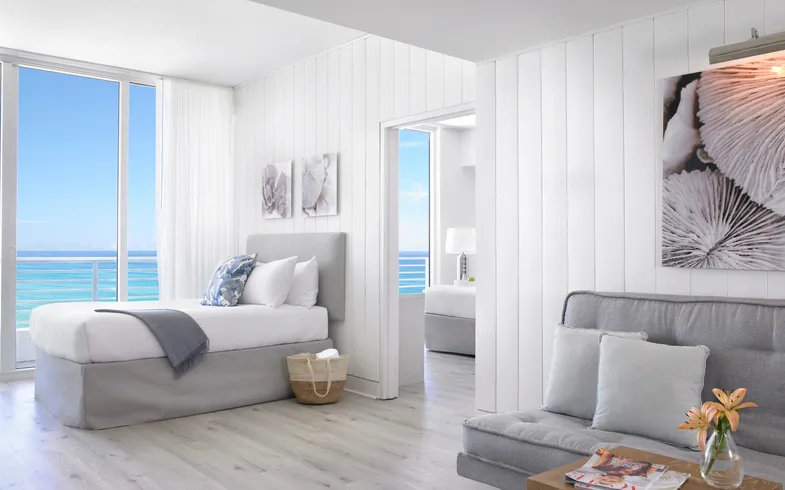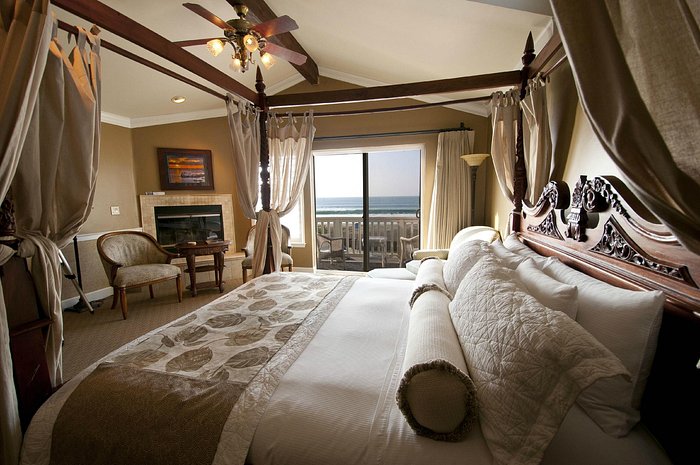Ensuring health and safety in your Bed and Breakfast (B&B) is not only a legal requirement but also a crucial aspect of providing a delightful and secure experience for your guests. Whether you’re a seasoned owner or just starting out, understanding and implementing these rules can significantly enhance your guests’ stay and your business’s reputation.

Understanding the Importance of Health and Safety
For romantic travelers seeking a cozy and intimate escape, the assurance of a safe environment is paramount. Health and safety rules for B&Bs are designed to protect both the guests and the staff, ensuring a comfortable and risk-free experience. Adopting these rules not only fulfills legal obligations but also builds trust with your guests.
Legal Obligations
As a B&B owner, you are legally obliged to comply with a range of health and safety regulations. These regulations cover various areas including fire safety, food hygiene, and general guest safety. Failure to comply can result in severe penalties and damage to your reputation.
Building Trust
Guests are more likely to choose a B&B that openly demonstrates its commitment to health and safety. By adhering to health and safety rules, you reassure guests that their well-being is your top priority.
Fire Safety Measures
Implementing robust fire safety measures is critical in any B&B. This includes installing smoke alarms, providing fire extinguishers, and ensuring clear evacuation routes. Regular fire drills and equipment checks are essential to maintain safety standards.
Smoke Alarms and Fire Extinguishers
Ensure that smoke alarms are installed in every guest room and common area. Fire extinguishers should be easily accessible, and staff should be trained in their use.
Evacuation Plans
Clearly marked evacuation routes and plans should be displayed prominently. Regular fire drills will help both guests and staff become familiar with the procedures.
Food Hygiene Standards
Maintaining high food hygiene standards is essential for any B&B offering meals. This involves proper food storage, regular kitchen cleaning, and staff training in food handling.
Proper Food Storage
Ensure that all food items are stored at the correct temperatures and are checked regularly for freshness. This prevents the risk of foodborne illnesses.
Kitchen Cleanliness
The kitchen should be cleaned thoroughly and regularly. This includes sanitizing surfaces, cleaning equipment, and disposing of waste appropriately.
General Guest Safety
Beyond fire and food safety, other aspects of guest safety include secure premises, first aid provision, and clear communication of safety procedures.
Secure Premises
Ensure that all doors and windows have secure locks. Regular maintenance checks can prevent security breaches and accidents.
First Aid Provision
A well-stocked first aid kit should be available at all times. Staff should be trained in basic first aid to handle minor injuries or illnesses.
Training and Communication
Training staff and clearly communicating safety procedures to guests is crucial. This ensures that everyone understands their role in maintaining a safe environment.
Staff Training
Regular training sessions should be conducted to keep staff updated on the latest health and safety practices. This includes handling emergencies, food safety, and fire drills.
Guest Communication
Provide guests with clear information about safety procedures, including emergency contacts and evacuation routes. This can be included in a welcome booklet or displayed in guest rooms.
Regular Audits and Reviews
Conducting regular audits and reviews of your health and safety practices ensures that your B&B meets the required standards and can adapt to new regulations.
Health and Safety Audits
Engage professionals to conduct thorough audits of your B&B. This will help identify areas for improvement and ensure compliance with regulations.
Review and Update Policies
Regularly review and update your health and safety policies. This includes staying informed of new regulations and implementing necessary changes promptly.
Conclusion
Ensuring health and safety in your B&B is a continuous process that requires diligence and commitment. By adhering to these rules, you create a safe and welcoming environment for romantic travelers and all guests. For more insights on managing a successful B&B, visit Absolute Escapes.

FAQs
What are the basic health and safety requirements for B&Bs?
Basic requirements include fire safety measures, food hygiene standards, secure premises, and first aid provision.
How often should fire drills be conducted in a B&B?
It is recommended to conduct fire drills at least twice a year to ensure everyone is familiar with evacuation procedures.
Why is food hygiene important in B&Bs?
Maintaining high food hygiene standards prevents foodborne illnesses and ensures a safe dining experience for guests.
For more tips on enhancing your B&B experience, check out our articles on B&B directories, Christmas at a cozy B&B, and creative guest welcome baskets.
This article contains affiliate links. We may earn a commission at no extra cost to you.






